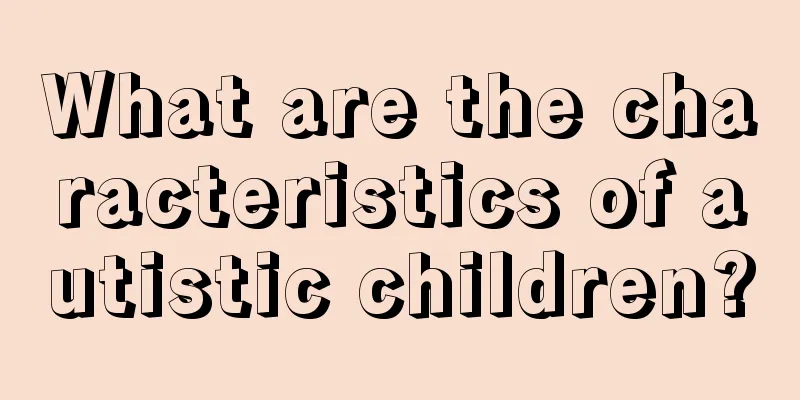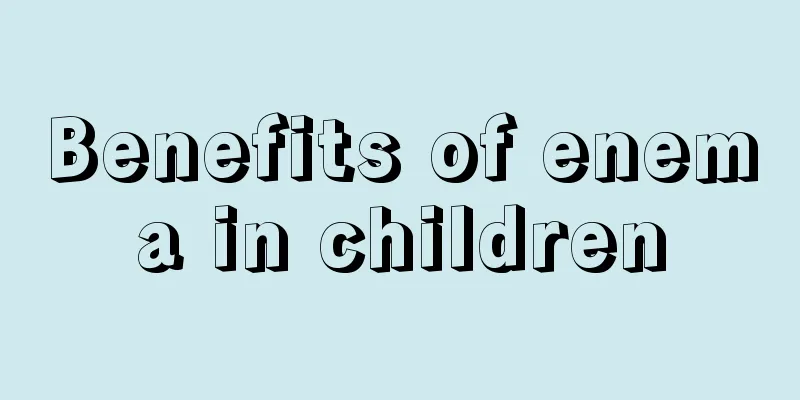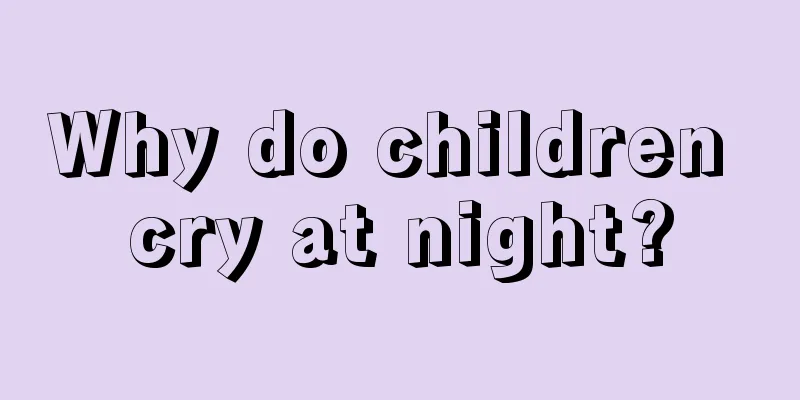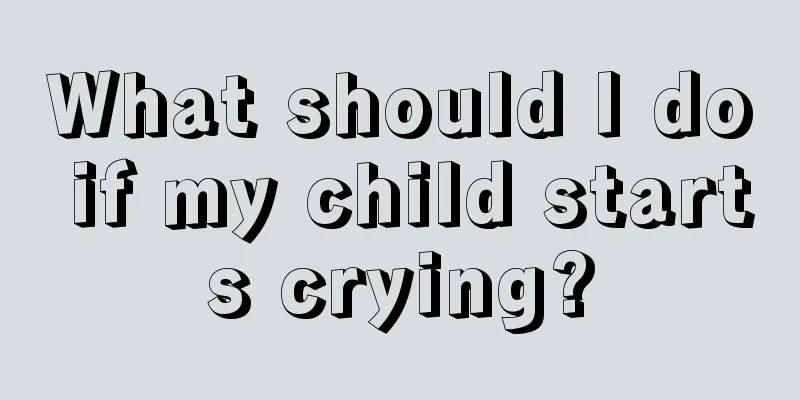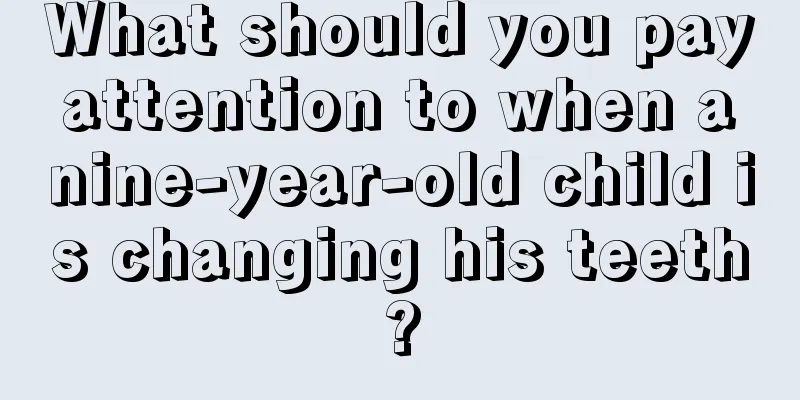Things to note when your 6-year-old baby changes his teeth
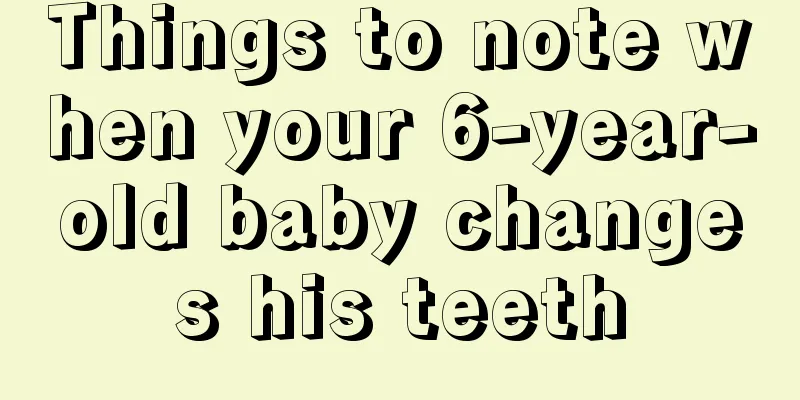
|
Many babies will change their teeth when they are six years old. There are many things to pay attention to during the teething period. We need to pay special attention to effectively help our babies better go through this stage of teething. Otherwise, various emergencies may occur and affect our babies' dental health. Let us learn about the precautions for 6-year-old babies to change their teeth. Mothers should learn more about it. In fact, for children aged five or six, tooth replacement may be more important than letting them play the piano, roller skate, or learn arithmetic. Because the newly grown permanent teeth will accompany them almost throughout their lives and are related to their diet, appearance, and even psychology. Therefore, health care and nursing during the period of tooth replacement is very important. We should strengthen the care of children during this period so that they can have good teeth. Most children begin to change their teeth at the age of five or six, some start at the age of four, and some children may not lose their first deciduous tooth until the age of seven. The most important thing at this time is to teach your child to brush their teeth correctly. During the tooth replacement period, when the deciduous teeth are loose and about to fall out, children often have the habit of licking the loose teeth with their tongues. This is a bad habit that will affect the normal eruption of permanent teeth and should be corrected in time. In addition, as children grow older, they should eat more chewy foods to maintain good stimulation to the deciduous teeth and promote their timely shedding. When the child's incisors and molars have erupted, you can add some celery, corn, apples and other foods to his or her diet to help the tooth replacement go smoothly and give your child a healthy and neat set of teeth. The order of children's tooth replacement is: the first permanent molar, also called the sixth-year molar, grows just behind the last deciduous molar at around 6 years old; slightly earlier than or at the same time as the eruption of the lower central incisor, the deciduous lower central incisor falls out at around 6 years old, and the permanent lower central incisor grows out; at 7-8 years old, the deciduous upper central incisor falls out, and the permanent upper central incisor grows out, the deciduous lower lateral incisors fall out, and the permanent lower lateral incisors grow out; at 8-9 years old, the deciduous upper lateral incisors fall out, and the permanent upper lateral incisors grow out; between 9 and 12 years old, the first and second deciduous molars fall out, and the first and second bicuspids grow out; between 10 and 12 years old, the deciduous canines fall out, and the permanent canines grow out. It is very important for us to master the precautions for 6-year-old babies' tooth replacement, so as to help our babies better go through this stage of tooth replacement and avoid unnecessary harm to our babies. Our mothers must learn more about these contents to better escort the healthy growth of our babies. |
<<: Child Psychological Counseling and Treatment
>>: What should I pay attention to when a 5-year-old child is changing his teeth?
Recommend
2-year-old baby breakfast
Babies may show anorexia, poor appetite, and be p...
What is the cause of the 9-year-old child's knee pain?
Knee pain is a common disease that many people ha...
Which cough medicine is best for children?
Children generally don’t like to take medicine wh...
Why does a newborn spit up a lot of milk?
We all know that only by ensuring the normal abso...
Sinusitis massage for children
Nowadays, not only young people suffer from sinus...
Why do premature babies always strain?
Premature babies are more likely to show signs of...
Can amblyopia be cured?
The most notable feature of amblyopia is the irre...
How to treat dry eczema in children?
It is also common for children to have dry eczema...
What should I do if my child’s leg is bruised?
Children like to play everywhere, and in the proc...
Does pediatric massage have any side effects?
Massage is very good for the human body, but ther...
Why is my baby's poop a little watery?
Babies' physical development is not yet compl...
What does the newborn screening test?
Babies are very important to parents. Parents pay...
What are the ways to enhance children's immunity?
In daily life, every parent hopes that their chil...
Treatment of tongue ulcer in 2-year-old baby
If a 2-year-old baby develops tongue ulcers, it w...
There are four symptoms of spastic cerebral palsy in children
Spastic cerebral palsy is a relatively common ped...

